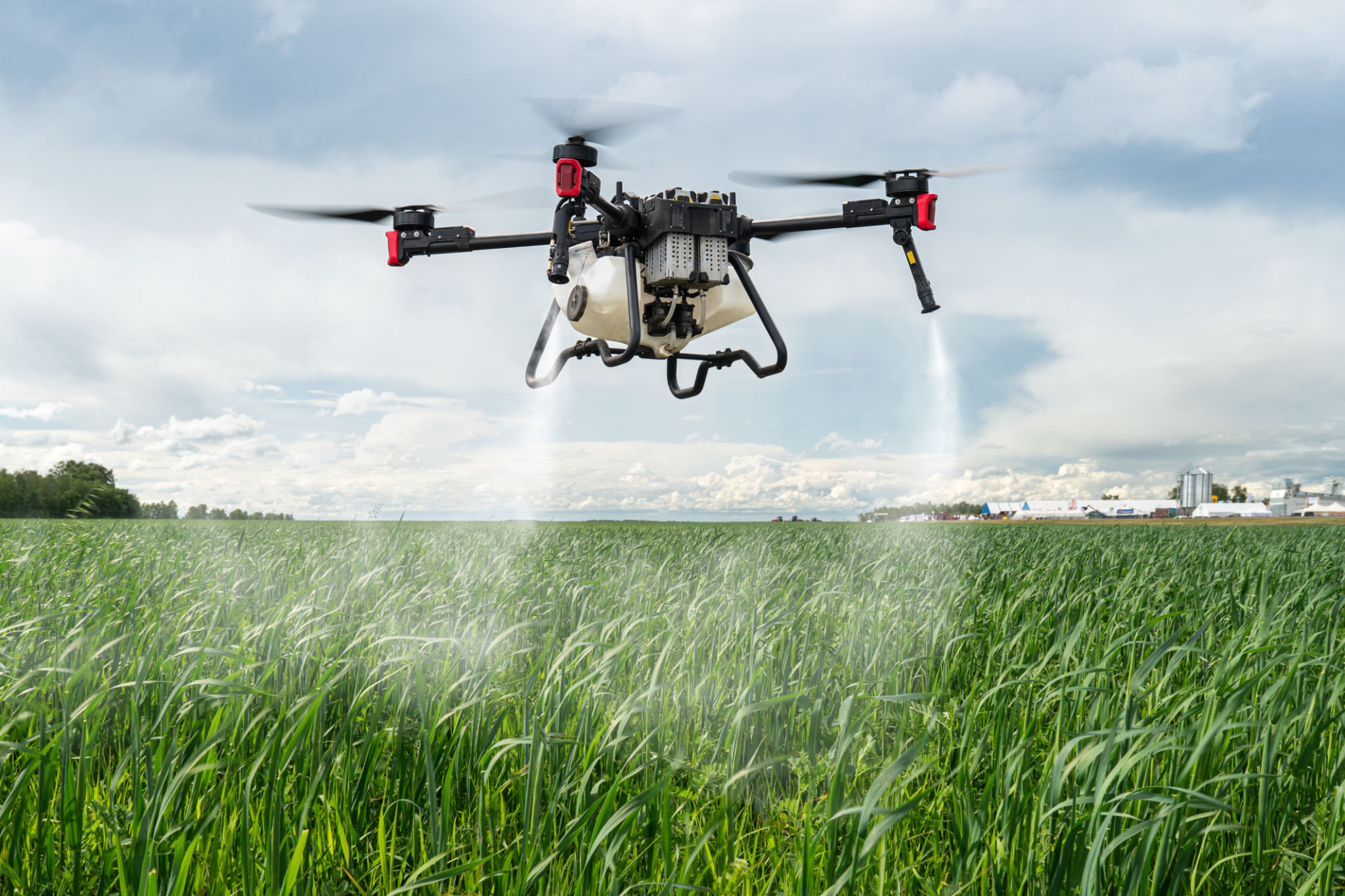The Ultimate Guide to Land Management in Johnston County
Understanding Land Management
Land management is a crucial aspect of maintaining the health and productivity of our natural resources, especially in areas like Johnston County. Effective land management involves the strategic planning and utilization of land to balance environmental sustainability with human needs. It requires a comprehensive understanding of the land's capabilities and limitations to ensure its long-term viability.
In Johnston County, land management practices can significantly impact agricultural productivity, water quality, and biodiversity. With its diverse landscapes ranging from farmland to wetlands, adopting the right strategies is essential for preserving the county's natural beauty and resources.

Key Principles of Land Management
Successful land management is built on several key principles. These include sustainable agriculture, conservation practices, and community engagement. By integrating these principles, land managers can enhance soil health, reduce erosion, and ensure water conservation.
Sustainable agriculture is at the heart of land management in Johnston County. This involves using farming techniques that protect the environment, public health, and animal welfare. Techniques such as crop rotation, cover cropping, and reduced tillage help maintain soil fertility and prevent degradation.

Conservation Practices
Conservation practices are essential for protecting Johnston County’s rich ecosystems. Buffer zones, for instance, are areas of vegetation planted between fields and water bodies to filter runoff and prevent pollution. Similarly, riparian buffers help protect waterways from agricultural runoff.
Community Engagement
Community engagement is another vital component of effective land management. Encouraging local residents to participate in decision-making processes can lead to more sustainable outcomes. Workshops, educational programs, and community meetings are excellent ways to involve the public in land management efforts.

Challenges in Land Management
Despite its importance, land management in Johnston County faces several challenges. Urbanization, climate change, and resource depletion are significant issues that require innovative solutions. As the population grows, the demand for land increases, leading to potential conflicts between development and conservation.
Climate change poses another challenge by altering weather patterns and impacting water availability. Land managers must adapt to these changes by implementing resilient practices that safeguard against extreme weather events.
The Role of Technology in Land Management
Technology plays a pivotal role in modern land management. From GPS mapping to drones, technological advancements provide land managers with precise data to make informed decisions. Geographic Information Systems (GIS) are particularly valuable for mapping land use patterns and planning sustainable development.

Drones offer a bird's-eye view of large areas, allowing for the efficient monitoring of crops and identification of potential issues such as pest infestations or nutrient deficiencies. These tools enable more efficient resource management and improve overall productivity.
Future of Land Management in Johnston County
The future of land management in Johnston County hinges on continued innovation and collaboration among stakeholders. By embracing sustainable practices and leveraging technology, the community can ensure the health and vitality of its lands for generations to come.
As awareness grows around environmental issues, there is hope that more individuals and organizations will prioritize sustainable land management. With a collective effort, Johnston County can serve as a model for other regions striving to balance growth with environmental stewardship.
